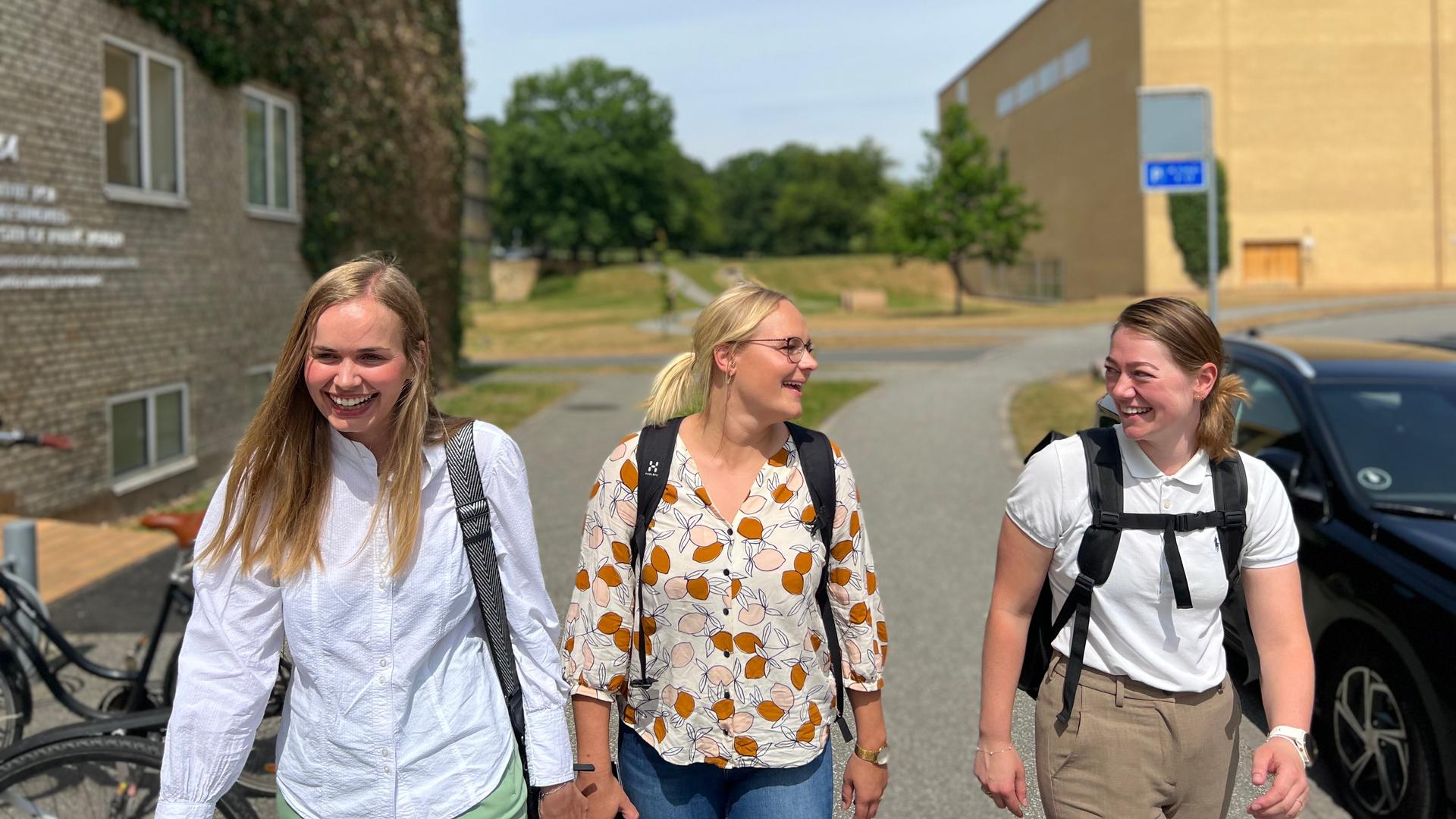Denmark pays students to go to college. But free education does have a price.
Hannah Hirschsprung Lange, who is finishing her fourth and final semester studying bioengineering at Aarhus University in Jutland, Denmark, receives about $800 each month in financial support from the Danish government.
“It means I don’t have to work too much besides school,” Hirschsprung Lange said. “It helps with paying the rent and food, and then, you don’t have to think too much about it.”
And like most Danes, she will graduate owing nothing. That’s because in Denmark — as in at least a dozen European countries — tuition at public universities and most colleges is free, and students are paid to go to school as if it’s a job.
The Danish grant system, known as the Statens Uddannelsesstøtte, or SU for short, is available for students for up to six years. The amount of money a student receives depends on how much they earn working on the side. In the case of illness or pregnancy, students can apply for extra financial help.
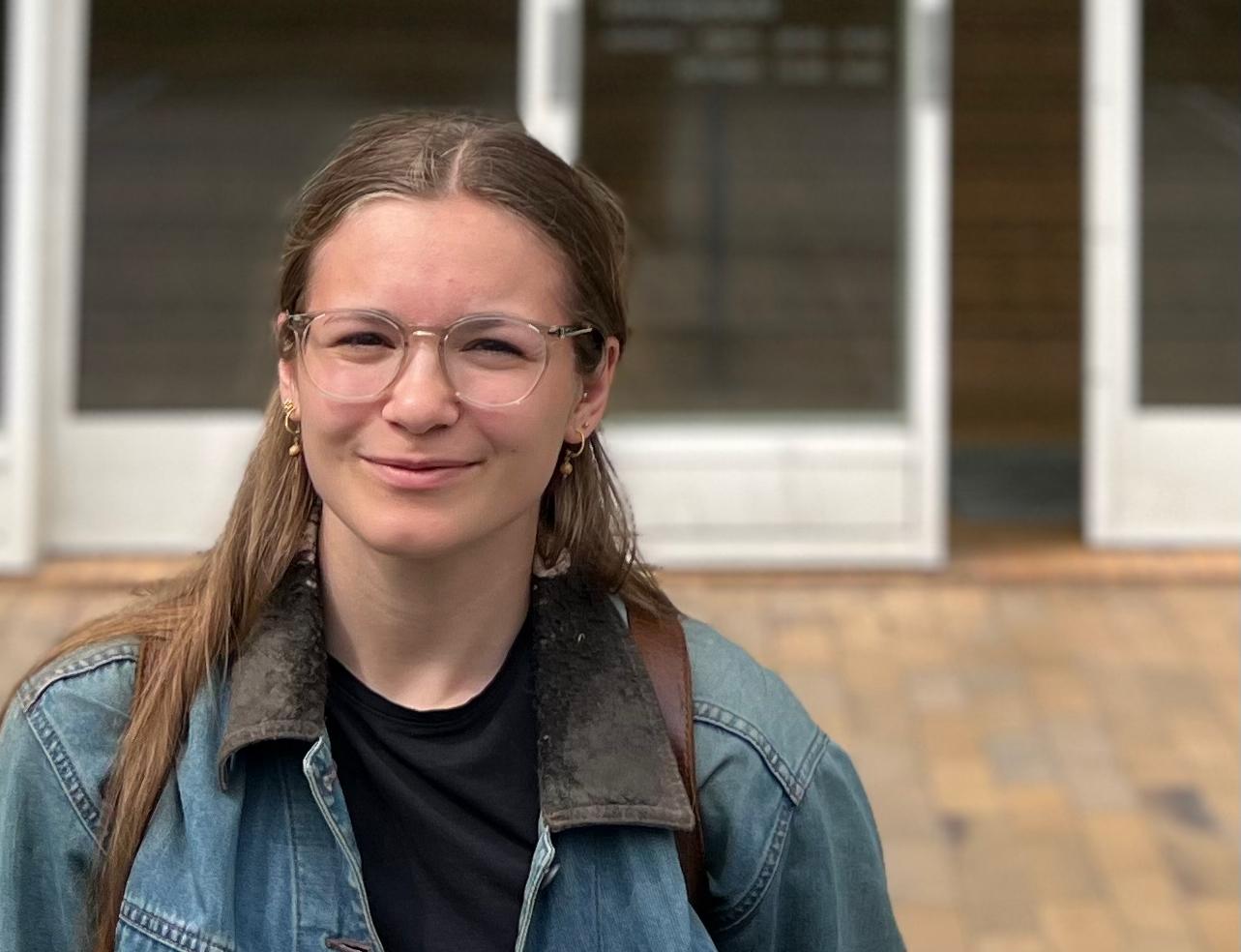
With student debt repayments back on the horizon for college graduates in the US, Hirschsrpung Lange said that the American higher education system seems broken because of “the fact that you have to go into so much student debt.”
Still, many Danish students like Hirschsprung Lange work part time to earn extra spending money for things like vacations and clothes. And some students do take out government loans, but they aren’t always used for school.
For Astrid Skifter Madsen, a first-year chemical engineering master’s student at Aarhus University, a loan enabled her to go to Asia recently.
“I needed a long summer holiday to Thailand, Vietnam and Cambodia,” she explained. “So, I needed some money to cover that.”
Madsen said that she’s not worried about being able to finish her studies and paying back the loan.
The Danish government subsidizes student loans with a low interest rate, and she’ll have up to 15 years to pay it off.
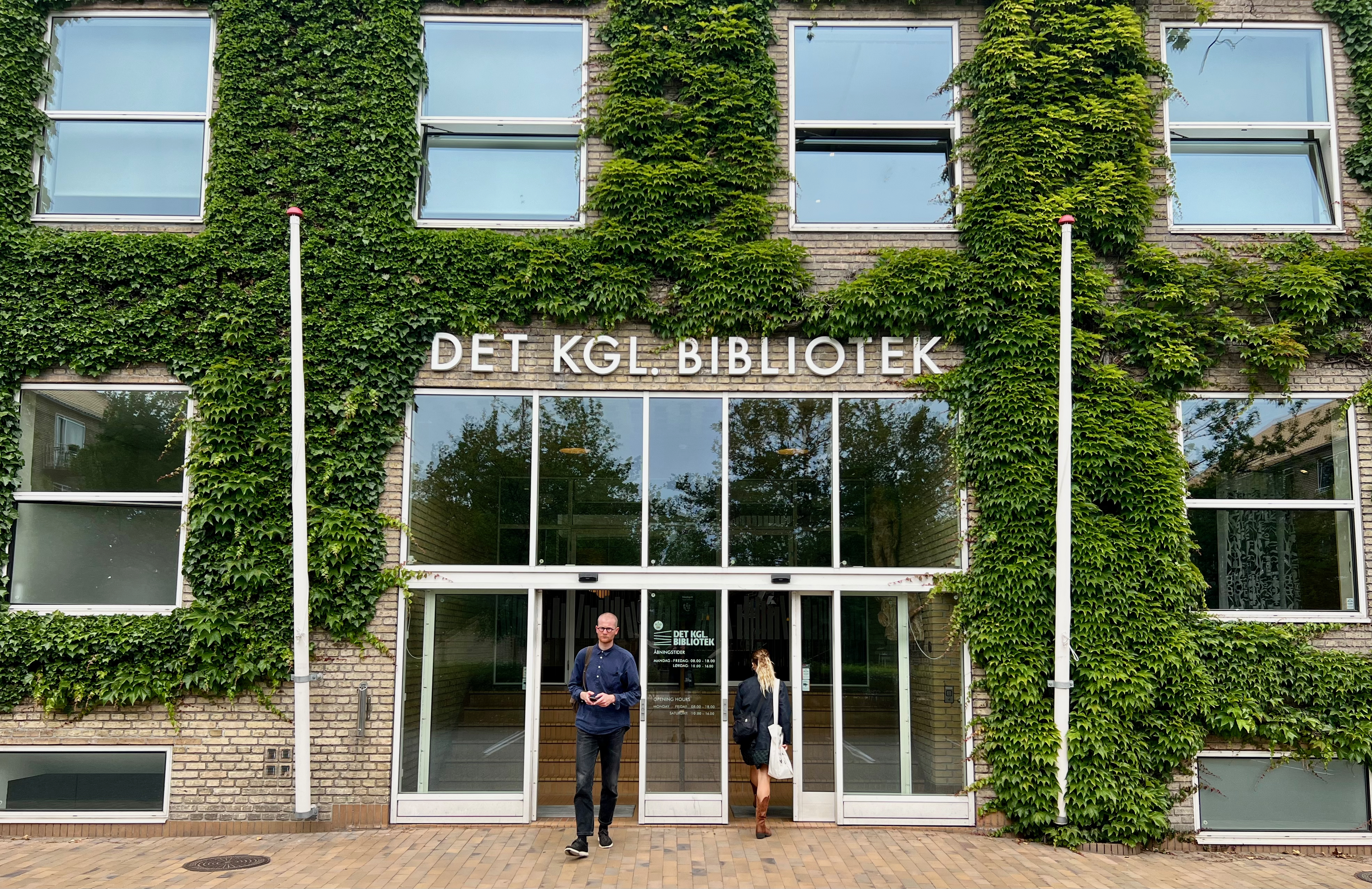
Many Danes say that the generous subsidies and the free tuition is money well-spent.
“I mean, in the end, in a sense, you pay it back later,” said physics student Tobias Washeim, 22, who’s finished his third year of his bachelor’s degree at Aarhus University. “And I think it takes the stress off being a student.”
Danes do end up paying for the free education and the SU system through the country’s steep taxes that can carve out over 50% of one’s income. (It’s a progressive tax system, so the more you earn, the more you pay.) But polling in the country has shown satisfaction with the high taxes, which not only contribute to free education, but also free health care and pensions.
“You might pay less taxes and you get a higher income in the US, but I don’t really mind paying [those] high taxes,” Washeim added.
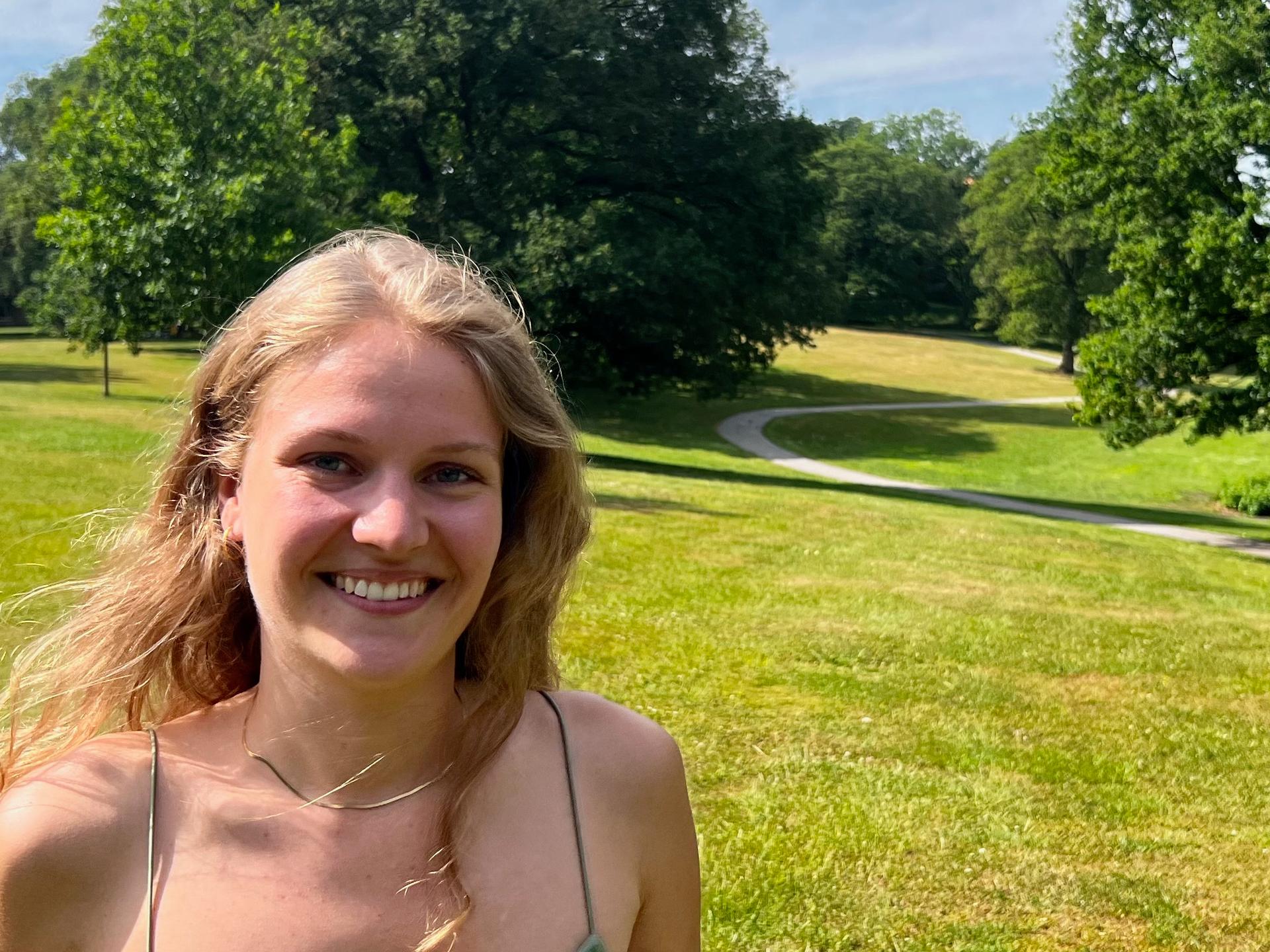
The SU system came about 50 years ago at a time when the country of just 6 million decided to prioritize a well-educated population, explained Philipp Schröder, who teaches economics and business at Aarhus University.
“It’s a small open economy [that] has virtually no raw materials here apart from brains,” Schröder said. “And so, that is a political agenda that has always been baked-in for changing governments [in Denmark]. So, education is for free.”
The idea was, in part, to make higher education an option for anyone in Denmark, regardless of their socioeconomic status, explained Fane Groes, an associate professor at Copenhagen Business School.
Before that, the SU system saw many students stuck with heavy loan burdens and high interest rates. But despite the goal of leveling the playing field for all Danes, Groes said, it hasn’t exactly worked out that way: “We know that it is the more-educated children and the richer children who actually go to college or university.”
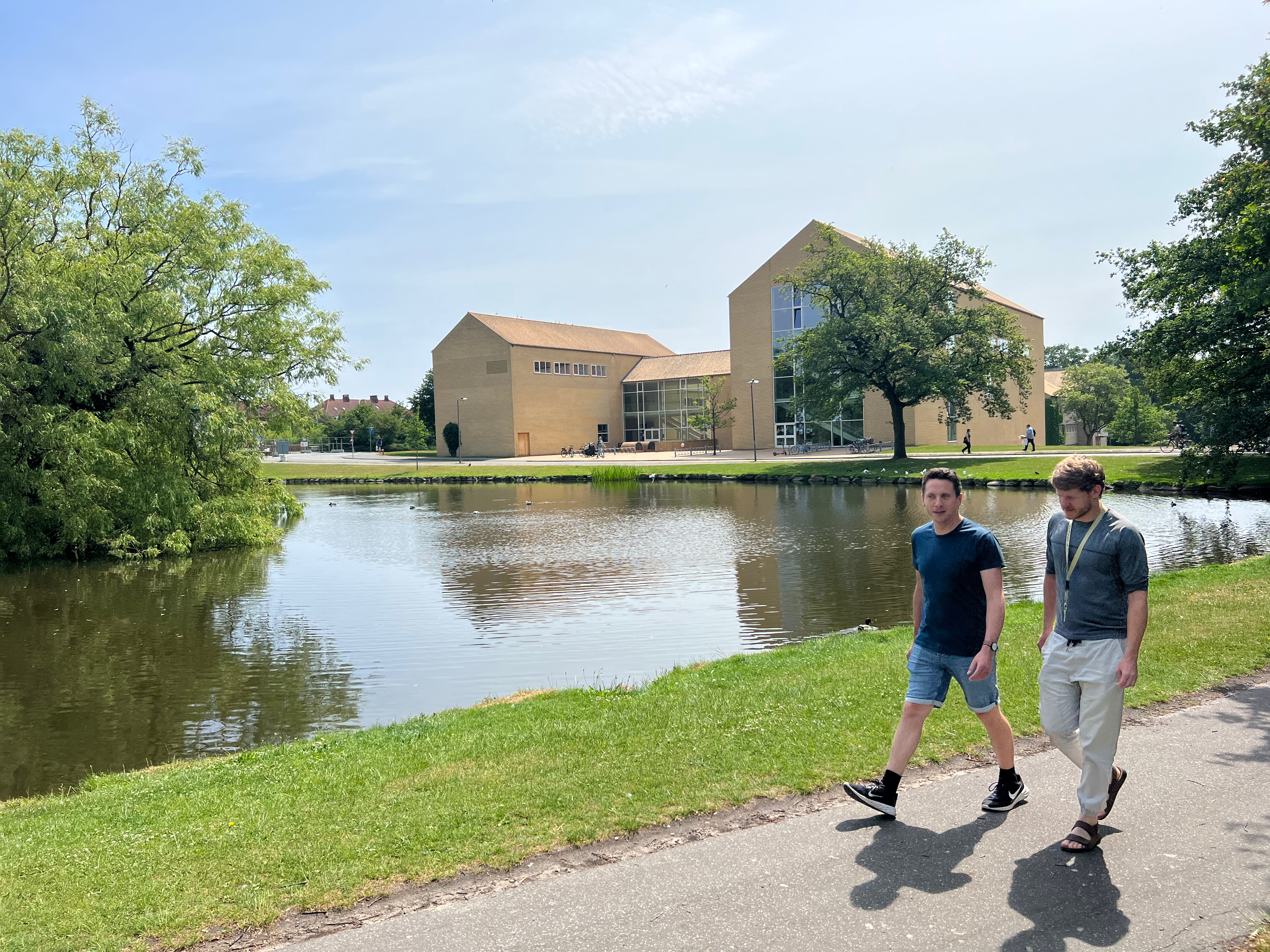
A 2021 study showed that for Danes born in 1987, the social heritage of education attainment is at the same level as in the US. And while the SU costs Denmark a little more than 1% of the gross national product, there are grumblings inside and outside of the government about the system. For one, because Denmark is part of the European Union, it has to offer SU grants to students from other EU countries.
Politicians have argued that this mandate has seen little returns, with a minority of internationals staying in Denmark after graduating. And, they say that too many students take too long to get through school and don’t go into fields that the country needs.
“If you allocate resources and talent mass sensibly in an economy, you don’t want that to happen — that people train for something that no one in the job market wants,” said Schröder, who sat on a government commission tasked with suggesting higher education reforms. “Then, they have to settle for lower-skilled jobs where they can’t use the investments they have taken.”
Earlier this summer, the government made some of the biggest reforms to higher education, controversially shortening or restructuring the length of a third of the country’s 500 master’s programs from two-year degrees to one year and three months.
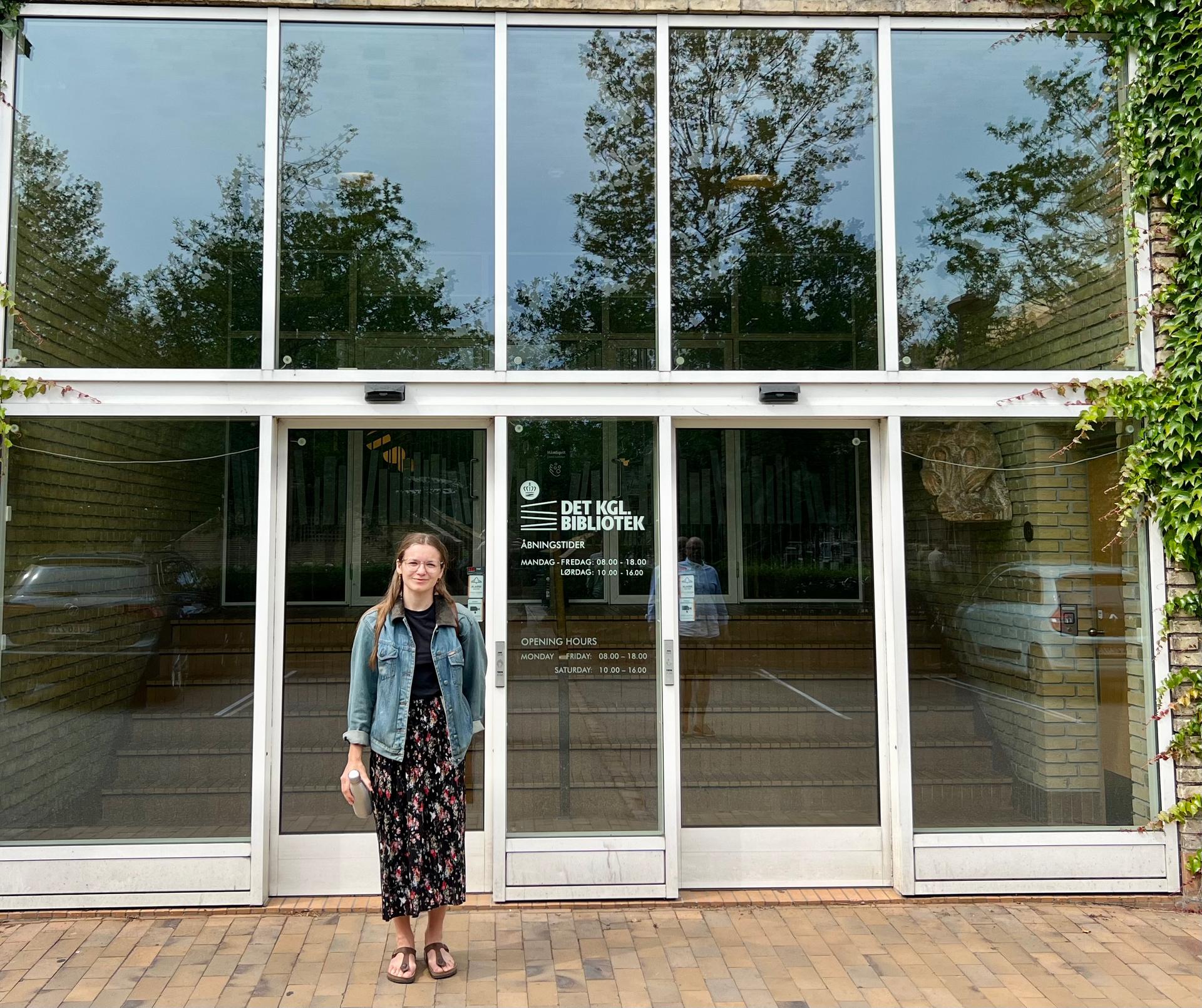
The government said it will reallocate the funds to training for nursing, teaching and social work — fields that have recently experienced staff shortages in Denmark. But there was no government proposal to get rid of free tuition for undergraduates. Nor did they touch payments that go to students.
The move is expected to mainly impact master’s degrees in the humanities and social sciences.
Sigrid Strunge Vetter, who recently completed a psychology degree at Aarhus, said she couldn’t imagine jamming two years of study into one year and three months.
“I have a two-year master’s degree, and I still feel like I’m having massive gaps and there’s lots of knowledge I haven’t gathered,” she said. “So, how they want to be able to cut that down to half, I simply can’t fathom.”
Overall, Strunge Vetter said that she is not against reforms, though. She said it’s good for the state to regulate higher education to correspond with market needs to keep unemployment rates down.
But she doesn’t want the government to chip away at the right of every Dane to get a higher education.
“It ensures that everybody, independently of their financial and socio-economic background can attend whatever studies they want to attend,” which she hopes will be the case for generations of Danes to come.
